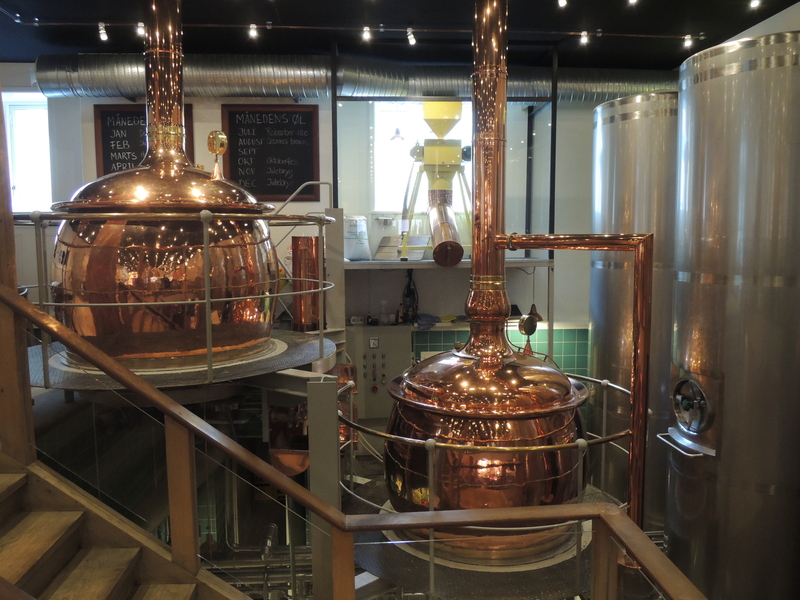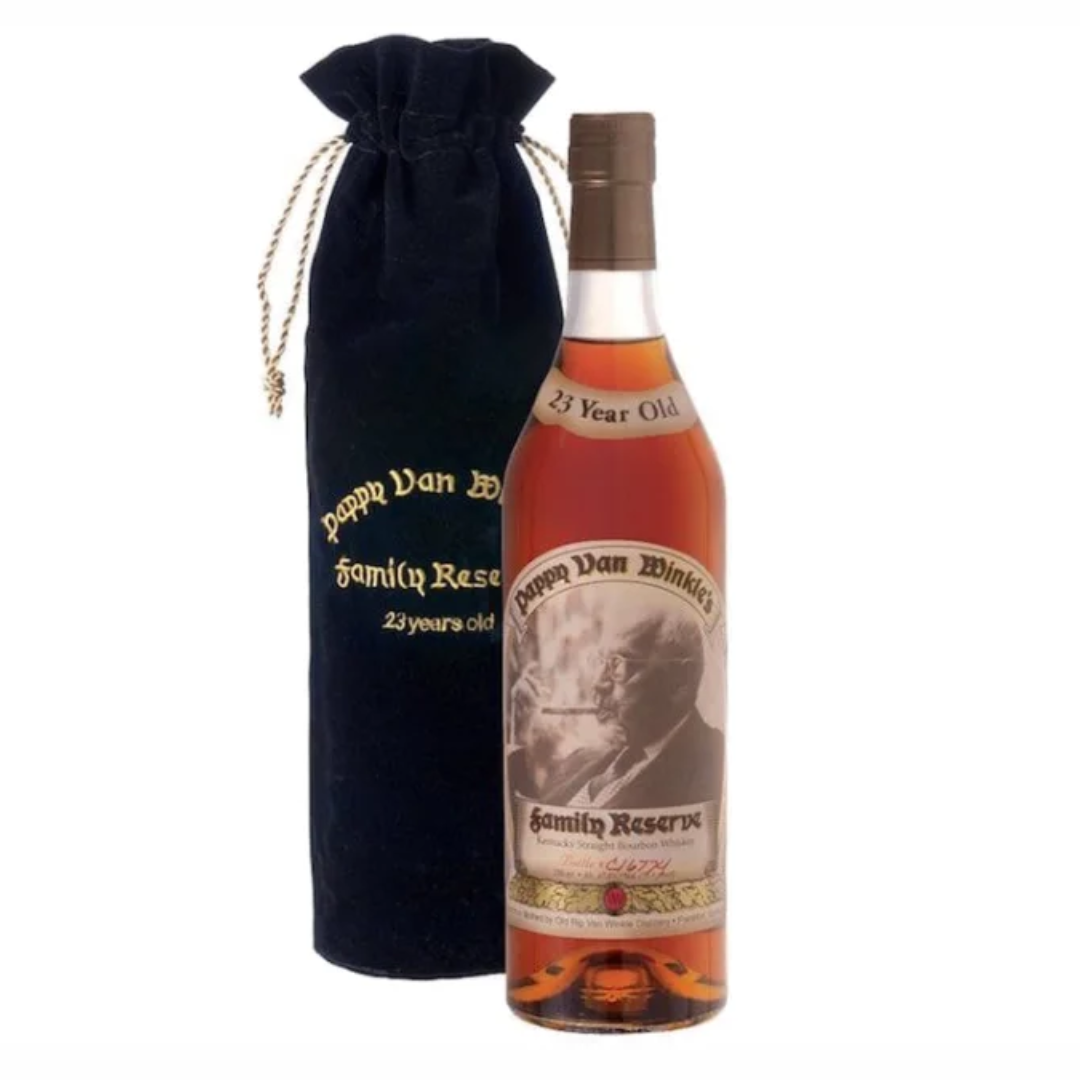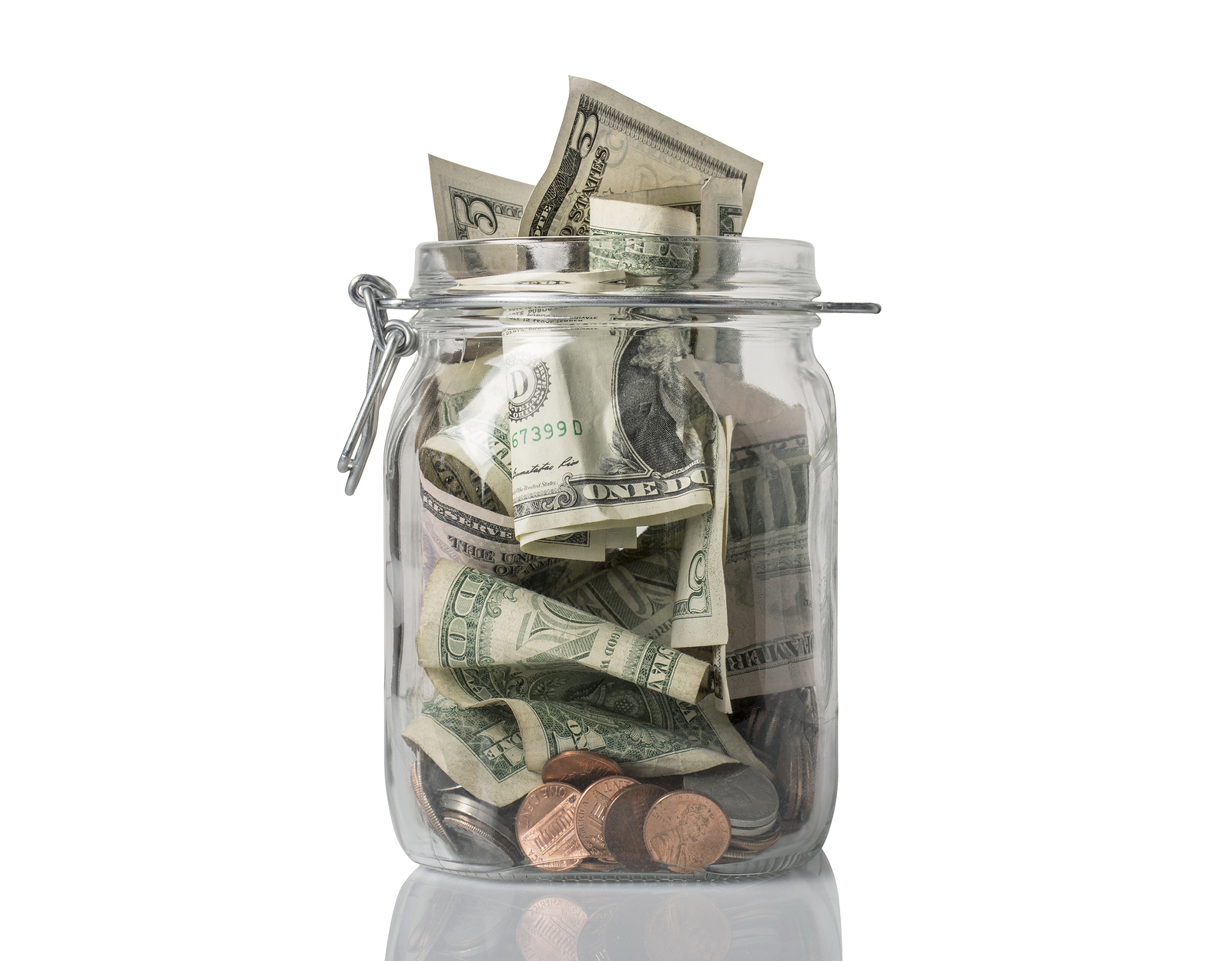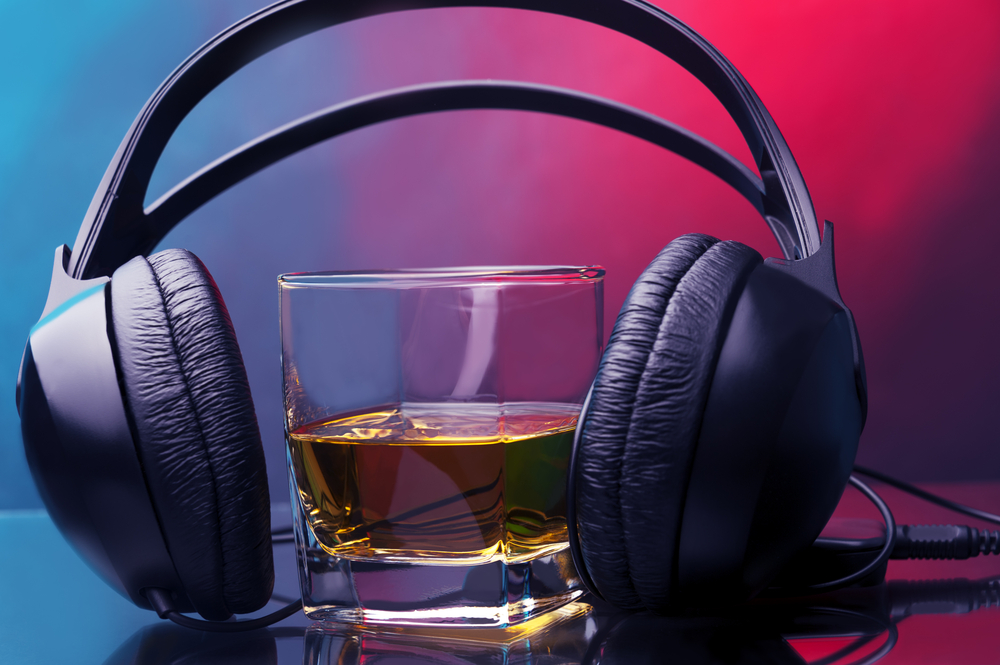Pennsylvania’s Sales Tax Money Grab on Breweries

According to a 2016 study conducted by the Brewer’s Association, Pennsylvania’s craft brewing industry ranks 2nd in the United States for economic impact, coming in at approximately $5.8 billion, ahead of Texas ($4.5 billion) and trailing only California ($7.3 billion). Pennsylvania has approximately 40,000 full-time employees working in the craft brewing industry, which derives approximately $1.8 billion in taxable labor income. These numbers are from 2016, and there is no doubt that this has increased, as the number of craft breweries in Pennsylvania increases at a steady pace.
Despite this significant economic impact on Pennsylvania, the Department of Revenue (“DOR”) decided that was not enough. At the end of July, the DOR issued a sales tax bulletin stating that effective January 1, 2019, breweries in Pennsylvania are required to charge and remit Pennsylvania’s 6% sales tax on all sales of their products. As general counsel to the Brewers of Pennsylvania (“BOP”) trade organization, we have been working with the DOR to come up with an amicable solution to their newfound interest in receiving sales tax proceeds from the state's craft brewing industry.
First, a brief history on brewery sales tax in Pennsylvania. Approximately three years ago, the BOP, through our office, received an opinion from the DOR stating that brewery sales were exempt from sales tax. This was a well-received decision. It has permitted breweries to prosper in Pennsylvania over the last few years and consumers have benefitted. In January of 2018, the BOP received a Draft Sales and Use Tax Notice from the DOR, which started the process of the DOR instituting this sales tax requirement. The BOP responded on behalf of the industry with a suggestion: to tax the breweries’ products at the wholesale rate like its counterparts with retail licenses (restaurants, bars, clubs, grocery stores, etc.). Essentially, retail licensees pay the 6% sales tax to a wholesale distributor at the wholesale price, and the BOP suggested the same model for breweries. The minor difference is that breweries would pay sales tax based on the wholesale price of its products when removed from the brewery, not the retail price when purchased by a customer. This would result in equal tax burdens and the customer’s check, whether at a restaurant or a brewery, would not show sales tax for beer.
In the sales tax bulletin, the DOR stuck with the sales tax at the retail model. Under this model, the brewery is required to collect sales tax from consumers at the retail price. The DOR gave breweries two options: include the sales tax in your advertised price, or separately state and charge sales tax on every receipt. We will save the mechanics of all of this for a different blog post, as this bulletin is not effective for a few more months. For now, here is an example of the practical reality of this model. We will compare two different licensees, a retail licensee (restaurant, bar, club, grocery store, etc.) and a brewery.
For a retail licensee, sales tax on all malt or brewed beverages is paid to wholesale distributors based on the wholesale price of those malt or brewed beverages. No sales tax is charged to the ultimate consumer. For example, if a case of beer costs $20 at wholesale, the retail licensee is paying $1.20 of sales tax per case or $0.05 per bottle. However, because the DOR rejected the offer from the BOP for the same treatment as retail licensees, the $3 bottle of beer from that case sold by a brewery incurs a sales tax liability of $0.18. Sales tax on a $140 keg wholesale price is $8.40, but the 120, $5 pints that would come from that keg would total sales tax liability of $36. We do not think it is fair that the DOR has chosen to impose four-times the tax on breweries than on restaurants, convenience stores, or grocery stores. Don’t forget there is an additional special tax reserved to breweries called Pennsylvania Excise Tax that restaurants, convenience and grocery stores (or, for that matter, wineries, and distilleries) do not pay. Yes, only beer has a special production tax in Pennsylvania, and now it has a special, punitive sales tax policy.
As you can see from the above, not only is the sales tax bad for Pennsylvania breweries, it is bad for their customers that have made the industry as successful and impactful as it is. If the DOR had followed the BOP’s suggestion and required breweries to collect sales tax in the exact same manner as retail licensees, we would have a uniform system that would be easily followed by breweries and less of a burden on, and confusion to, their customers. Is the DOR seeing only the short-term economic impact of how much more money can be paid to the state if breweries’ products are taxed differently than all other licensees in Pennsylvania? Does the DOR understand that the sales tax difference could equal the annual salary of an employee of a small brewery? Is this the second coming of the 18% Johnstown Flood Tax for Philadelphia, which has an extra 2% sales tax on top of the new 6% brewery assessment plus an over-the-bar drink tax of 10%? Maybe we will just call this the Philly Special, or what it really may be, Double Taxation.
For information regarding national and state liquor law matters or general manufacturing and distribution advice, please contact our Liquor Law, Licensing, Manufacturing, and Distribution Practice Group: Liquor Law Department Chair Theodore J. Zeller III, Esquire (tzeller@norris-law.com); David C. Berger, Esquire (dberger@norris-law.com) for Pennsylvania and New Jersey retail and manufacturing licensing; or contact our offices at 610-391-1800.




